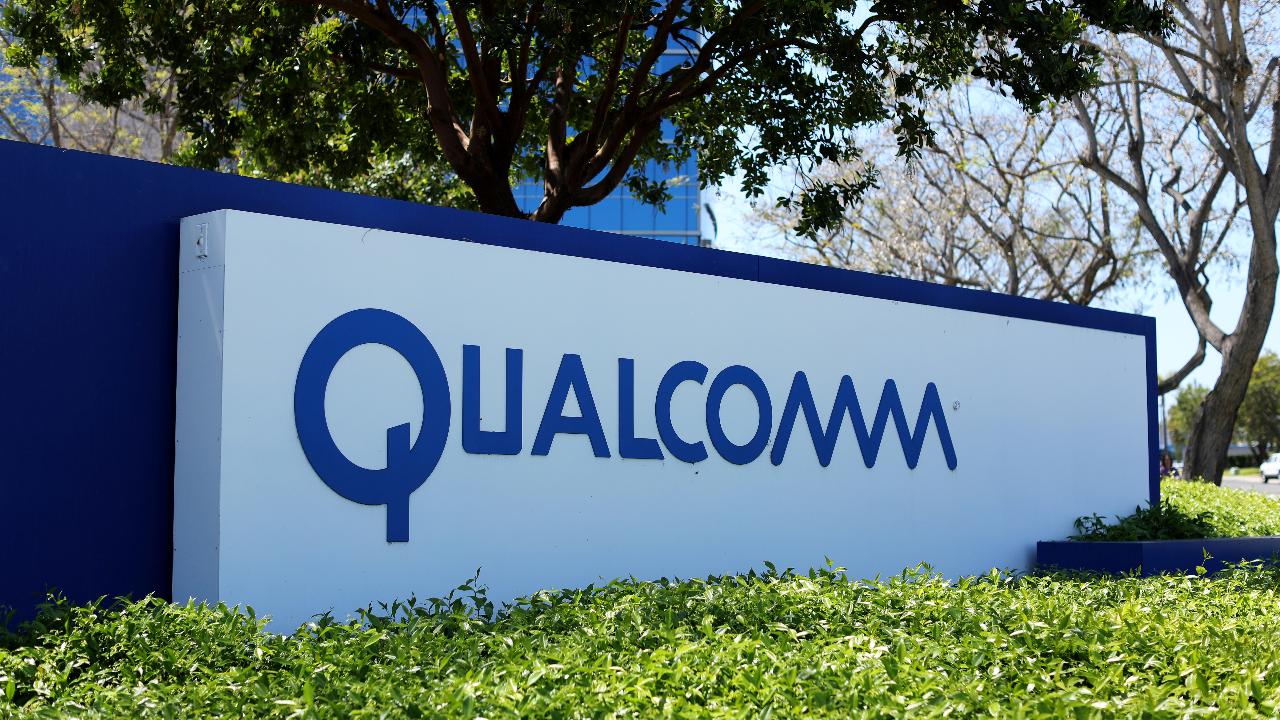Trump blocks Broadcom’s $117B bid for Qualcomm
President Donald Trump on Monday blocked Singapore-based Broadcom’s $117 billion bid to acquire Qualcomm on national security grounds, scuttling one of the tech industry’s largest hostile takeover attempts in history.
“There is credible evidence that leads me to believe that Broadcom Limited…through exercising control of Qualcomm Incorporated, a Delaware Corporation, might take action that threatens to impair the national security in the United States,” Trump wrote in an executive order on Monday.
“The proposed takeover of Qualcomm by the purchaser is prohibited, and any substantially equivalent merger, acquisition, or takeover, whether effected directly or indirectly, is also prohibited,” the order added.
Trump’s order came shortly after the Committee on Foreign Investment in the United States (CFIUS) said in a letter to both companies that the deal posed national security concerns. CFIUS noted that Broadcom had violated its rules “on at least three separate occasions,” including when it recently moved to relocate its headquarters to the United States without providing proper notice to the committee.
Broadcom had planned to hold a shareholder vote later this month that would expedite the planned move, which company officials pursued in part to assuage national security concerns. The vote, if approved, would have allowed Broadcom to formally relocate by April, the New York Times reported.
“Broadcom's proposal to acquire Qualcomm has always been premised on the completion of Broadcom's previously announced plan to redomicile,” the company said in a statement on Monday. “In short, U.S. national security concerns are not a risk to closing, as Broadcom never plans to acquire Qualcomm before it completes redomiciliation.”
A leader in wireless technology, including burgeoning fields such as 5G connectivity, Qualcomm had rejected Broadcom’s bids for purchase. The U.S. government scrutinized the takeover attempt because Qualcomm performs work for federal agencies.
"This decision is based on the facts and national security sensitivities related to this particular transaction only and is not intended to make any other statement about Broadcom or its employees, including its thousands of hard working and highly skilled U.S. employees," U.S. Treasury Secretary Steve Mnuchin said in a statement. "The CFIUS process focuses exclusively on identifying and addressing national security concerns. This focused mandate reinforces our commitment to welcoming foreign investment, while at the same time reinforcing our commitment to protecting national security."
This story has been updated.




















